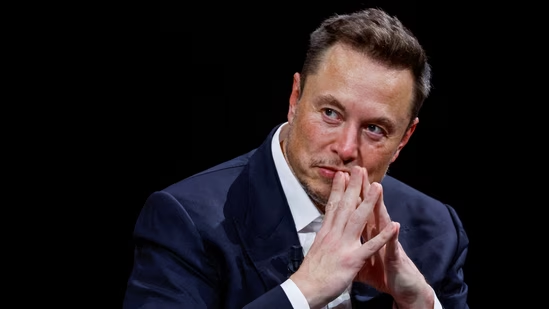In a political climate already teetering between chaos and transformation, Elon Musk has done what he does best — stoke curiosity, confusion, and controversy this time with a cryptic post following the passage of a sweeping new economic package dubbed the “Big Beautiful Bill.”
“Congrats to the uniparty,” Musk posted on X, his social media platform. “Time to start seriously thinking about an alternative. Maybe it’s time for a real 3rd option. #NotLeftNotRight”
The statement came hours after the Senate passed the controversial bill — a sprawling, bipartisan package blending infrastructure incentives, AI regulations, and climate reforms with defense boosts and tax credits for major corporations. Critics have called it bloated and contradictory; supporters say it’s a rare moment of consensus.
But for Musk, it seems to be a tipping point.
The Billionaire’s Discontent
Over the years, Musk has defied traditional political categories. He’s supported Democrats and Republicans, criticized both presidents and bureaucracies, and championed libertarian ideals while accepting government contracts.
Yet his recent political commentary has grown sharper and louder.
Sources close to Musk say he’s grown increasingly disillusioned with what he calls the “corporate-political complex,” a blend of big government and big business interests that, in his words, “choke real innovation and choice.”
“The ‘Big Beautiful Bill’ is anything but,” he tweeted later. “A Frankenstein deal that protects incumbents, stifles competition, and throws taxpayer money at the usual suspects.”
Third Time’s the Charm?
Hints of a third party aren’t new in American politics Ross Perot, Ralph Nader, and more recently Andrew Yang have all tried to disrupt the duopoly but none have had Musk’s capital, platform, or cultural reach.
Some speculate Musk may back an existing movement like the Forward Party. Others suggest he could fund his own political startup, fusing Silicon Valley-style disruption with a centrist-populist message.
Critics warn that Musk’s erratic political musings are more ego than strategy. “Elon’s not a politician he’s a brand,” says Dr. Simone Keller, a political science professor at Georgetown. “He tests ideas in public the way he tests rockets sometimes they explode, sometimes they go to Mars.”
Still, with over 200 million followers on X, a legion of devoted fans, and a personal net worth rivaling the GDP of small nations, Musk’s influence can’t be ignored.
More Than a Tweet?
Whether Musk seriously intends to bankroll a political alternative or is merely venting frustration remains unclear. But his timing just as both major parties are gearing up for a contentious 2026 midterm season ensures his message will ripple through donor circles, think tanks, and campaign headquarters.
In the meantime, political observers are watching closely. If Musk does move forward, he won’t just be challenging Democrats or Republicans he’ll be taking on the entire operating system of American politics.
And in true Musk fashion, the question isn’t just if he’ll do it — it’s how loudly, how differently, and how disruptively.







